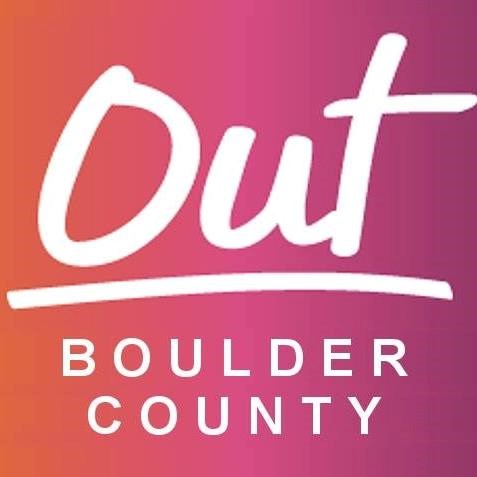This content was originally published by the Longmont Observer and is licensed under a Creative Commons license.
For the third year in a row, the FBI’s annual hate crime report documents an increase in hate crimes nationwide, including elevated levels in Colorado. In its annual Hate Crime Statistics Act (HCSA) report, the FBI said there were 7,175 hate crimes reported nationwide in 2017. That’s a 17 percent jump, which is three times more than the five percent increase the FBI reported in 2016.
In Colorado, there were 106 reported hate crimes in 2017 compared to 104 reported incidents in 2016. The FBI documented 61 race-based crimes, 26 religion-based crimes and 18 sexual-orientation based crimes in Colorado in 2017.
A hate crime targets an individual or institution because of race, religion, ethnicity, national origin, gender, sexual orientation, gender identity or disability. Hate crimes are meant to scare, intimidate or humiliate the target. They have an impact that lingers and extends beyond the specific victim. They make members of minority communities fearful, angry and suspicious, and raise tensions that can divide and polarize neighborhoods, towns and cities.
The reality is that a hate crime is committed in this country every 90 minutes, so why do so many hate crimes go unreported? In some cases, the incident might not rise to the level of a crime or the agency that hears about the crimes fails to report it to the FBI. But a more important factor is that victims of hate crimes often come from marginalized communities that don’t trust law enforcement.
If you don’t trust the police you are probably not going to report the crime. If you are concerned about your immigration status you are probably not going to report the crime. In many states, LGBTQ victims still are not protected by anti-discrimination laws, so why would they feel safe reporting a hate crime?
We need to do a better job of creating an environment where victims of hate crimes feel safe reporting. That’s where the Mountain States Against Hate Coalition comes in. Our goal is simple: we are a diverse group of community partners dedicated to countering hate crimes in Colorado by focusing on public education and the importance of reporting. If you have experienced or witnessed an incident of bias, hatred or bigotry, make sure and report it to your local police department. You can also report it to a civil rights or community organization that can provide or direct you to victim services.
As a member of Mountain States Against Hate, Out Boulder County believes that the best way to stand up to hate is with respect, learning and understanding. Start a conversation. Find connection with others who are different than you. Recognize that we all deserve to be treated with kindness, respect and dignity. We can all learn to value each other for who we are, not who we are not. We are all part of the same human family.
In the past several years we’ve seen an alarming spike in hateful rhetoric and hate incidents in Colorado targeting Jews, the LGBTQ community, refugees, Latinos, African Americans, Muslims and others. In 2018 we have seen over 50 incidents of white supremacist activity in Colorado, including banners being flown over interstates and flyers being distributed on college campuses and in public spaces.
We can reverse this trend by strengthening state hate crimes laws and providing enhanced training for law enforcement officers on how to identify and respond to hate crimes. Better data collection and reporting by law enforcement



